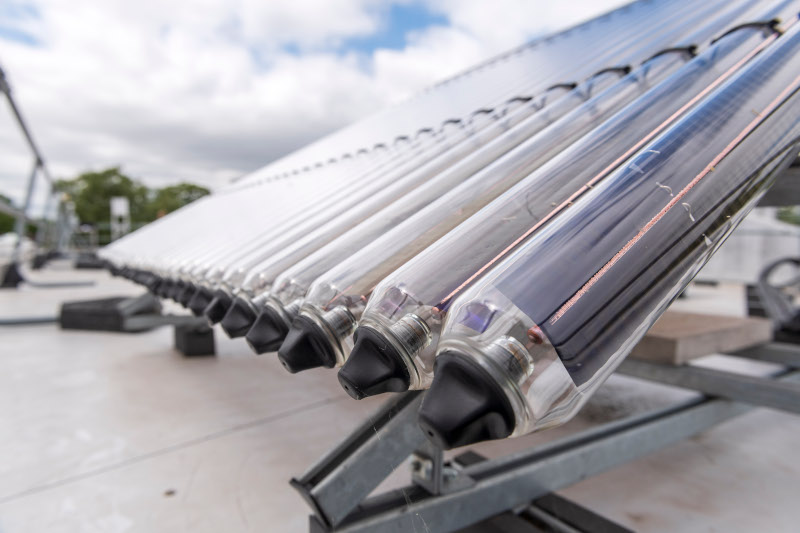Since 2015 the Living Laboratory has been used in numerous MSc courses and currently forms a key component of the Environmental Management for Business, Environmental Engineering, Geographical Information Management and Sustainability Mastership courses. It is also being used in MK:U undergraduate courses, including The Digital World CDMA and The Digital World DTS, where it forms the basis for a day-long group project.
The Living Laboratory has supported group and thesis projects commissioned by PSUs including Estates and Cranfield Airport through the Living Laboratory Working Group. Many of these projects have provided pilot studies and datasets/tools that are now being incorporated in the Living Laboratory and Urban Observatory. Examples of such activities include:
- Induction week visits to campus facilities, including the Combined Heat and Power plant and waste water treatment works – Environmental Management for Business MSc, Environmental Engineering MSc.
- ISO14001 audit exercise – Environmental Management for Business MSc.
- Risk assessment practical/assignment using the waste water treatment works - Risk Management and Reliability Engineering module.
- Campus climate change risk assessment – Environmental Risk MSc Dissertation and Thesis.
The Urban Observatory has formed the basis of numerous MSc group and thesis projects. Examples of recent projects include:
Air Quality
- Air quality impact of airfield operations at Cranfield Airport
Biodiversity
- Maximising environmental net gain in urban green corridors
- Benefits of green spaces within Cranfield campus
- Sensing soil temperatures and soil moisture in urban green spaces on the university campus
Climate Risk and Adaptation
- Develping a climate change adaptation strategy for Cranfield University
Energy
- Cranfield 2025: Investigation of the optimal renewable energy strategy
- Financial and environmental modelling of a biomass boiler installation in the UK
- Use of energy metering to improve energy use and efficiency on the Cranfield campus
- A mathematical model for the optimal operation of a microgrid: A case for economic and environmental quantifications
- Energy self sufficiency on campus
Food Sustainability
- Evolving sustainability at Cranfield University - Using approaches to green the food-chain in self-catering accommodation
- Sustainable food and beverage strategy
Geographical Information Systems
- Asset management using GIS Collectors application
- Cranfield Airport GIS database and flooding assessment
Waste and Recycling
- Cranfield University Waste Group Projecy: Cranfield Looks at Recycling (CLARE)
Water Science





